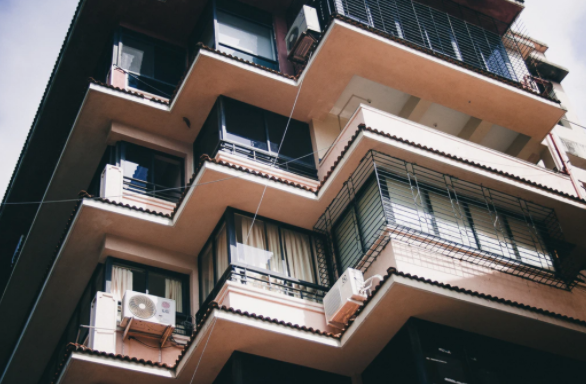COVID-19 has had a detrimental impact on the capital markets. Several sectors got severely affected by the global pandemic. According to the latest survey, the real estate and property costs in big cities and countries have fallen close to 2% to 9% after March 2020, i.e., right after the lockdown phase.
Superficially, it might appear as a stable and profitable chance for the home buyers. People planning to buy a property for personal use can leverage this situation. However, reasonable costs might have better chances during the forthcoming months. The real estate and finance experts suggest that real estate and property costs can correct close to 20% due to the demand generated during the pandemic season. Hence, real estate agents must acquire the correct training to leverage demand. For this, you can check out the real estate training modules and programs provided by Phill Grove.
The commercial markets
The commercial mortgage-supported securities increased during March 2020 to 2.07%. It happened after a few months of decline phase that, in turn, kept track of the commercial mortgage information. It indicates that a few property holders might have to struggle with debt payments. Since the unemployment rates were high, people who owned the multi-family apartments had a chance to suffer, as rental income can get a hit for a while. It is the primary reason why specific commercial real estate properties, in hospitality and retail, might have already or might witness a downward pressure in its rental earning.
The residential markets
Based on the new information in March 2020, the U.S residential real estate market started to heat up! By the time it was mid-March 2020, the listings for single-family homes had gone down by 15%. And this indicated that the sellers probably were restricting in placing the real estate properties in the market, as the buyers’ traffic was significantly less.
Things that real estate investors should do
Other than real estate training and workshop, there are other things to do as well. They are:
- The investors need to buy the assets a lesser replacement expense. It indicates that the property rent wouldn’t be reducing low as the new builds will require increasing costs for developing.
- It’s best to sign the leases with 5% annual escalations, instead of 15% for three years. It will help the tenants to consider the increase in a gradual process.
- It’s a smart call to search for leases that comprise of extended lock-ins. It’s good if the tenants have paid for fit-outs. As it makes it sticky, which makes the tenants empty the leases last.
- Make use of zero or little leverage while purchasing assets that don’t have extended lock-ins. It helps to match up with the risky rental cash flows with principal payments and interest.
- It’s a smart call to buy only the total lead assets. It will help to mitigate the development and leasing risks altogether. The last thing to do here is to search for new tenants or having to deal with a corrupt developer.
All the strategies mentioned above help during the COVID-19 crisis. It is essential to know and realize you make a profit buying real estate and not selling it. Successful real estate investing during the pandemic is all about recognizing the pricing cycles and asset. It would be best if you also crystalized the correct investment at the right point in the cycle. https://www.staples.dk/huer-masker/cbk/5345.html







